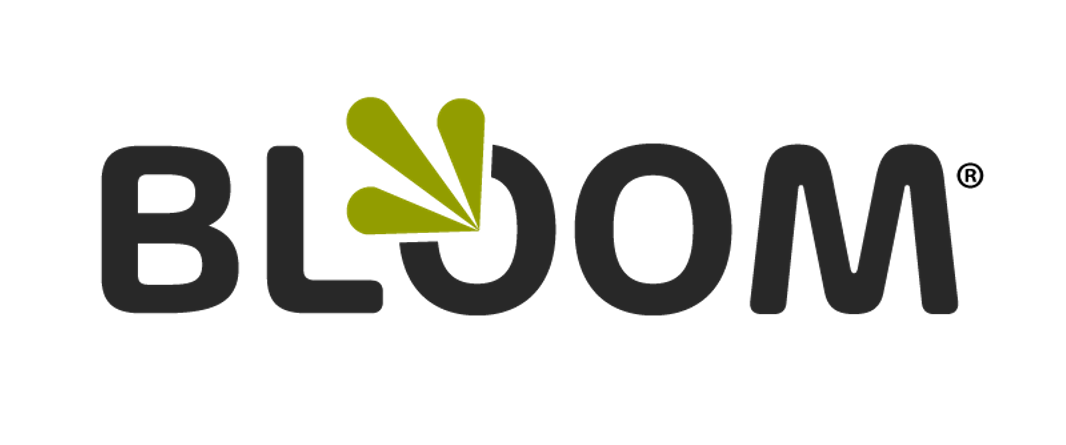Empower Employees to Make Their Own Career Choices
Employers can hinder unitentionally employees’ ability to make their own career choices through practices and policies that limit autonomy, restrict opportunities, or fail to support individual aspirations. Based on research and insights from various sources, here are the key ways this occurs:
Lack of Clear Career Pathways: Many organizations fail to provide transparent career progression frameworks, leaving employees unsure about advancement opportunities. For example, without defined roles or promotion criteria, employees cannot plan their career trajectory, leading to disengagement and turnover.
Limited Access to Development Opportunities: Employers may restrict access to training, mentorship, or skill-building programs due to budget constraints, favoritism, or lack of focus on employee growth. This stifles employees’ ability to acquire skills needed for desired career moves.
Why Organizations Should Encourage Employees to Make Their Own Career Choices
Encouraging employees to take ownership of their career choices fosters a sense of autonomy and alignment between personal aspirations and organizational goals, leading to mutual benefits. This approach recognizes that modern workers, particularly in competitive talent markets, seek roles with clear advancement potential rather than stagnant positions. Here are key reasons, supported by research and expert insights:
Improves Employee Retention and Reduces Turnover: When employees feel stuck without growth opportunities, they are more likely to leave; for instance, lack of advancement is a top reason cited for quitting jobs. By empowering employees to chart their own paths, organizations signal investment in their future, helping retain skilled talent and lowering turnover costs.
Boosts Engagement, Motivation, and Job Satisfaction: Employees who own their career journeys are more engaged because they have future goals in mind and feel supported in achieving them. This leads to higher satisfaction, as they invest more in their roles when their personal and professional aspirations are aligned with company support.
Enhances Productivity and Organizational Performance: Autonomy in career decisions encourages personal growth, skill-building, and innovation, resulting in more productive employees. Organizations benefit from a workforce that is proactive, adaptable, and aligned with business needs, ultimately driving bottom-line gains like increased efficiency.
Attracts Top Talent and Fosters a Positive Culture: In a job market where workers prioritize development, offering career autonomy helps attract high-caliber candidates. It also builds a culture of trust and empowerment, where employees feel valued and can pursue not just professional goals but personal purpose, leading to stronger loyalty.
Supports Long-Term Skill Development and Adaptability: Employees making their own choices are more likely to seek out training and experiences that build competencies, preparing them for future roles. This creates clear pathways for advancement, benefiting the organization by building an internal talent pipeline ready for evolving demands.
Empirical evidence from studies shows that supporting employee growth through such encouragement positively correlates with overall performance, explaining up to 88.7% of variability in employee outcomes like productivity and satisfaction.
How a Performance Management System Should Support Employee Career Decisions
A performance management system (PMS) acts as a structured framework to guide and reinforce employee-driven career choices by providing clarity, feedback, and resources. It shifts from traditional evaluations to proactive, people-centered approaches that align individual goals with organizational objectives. Here's how a PMS can effectively support these decisions:
Goal Setting and Alignment: PMS should facilitate collaborative goal-setting sessions where employees define objectives tied to their career aspirations, such as individual KPIs or team-based goals. This clarity helps employees see how their daily work contributes to long-term growth.
Regular Feedback and Performance Dialogues: Incorporate ongoing, real-time feedback through quarterly check-ins or 360° reviews to assess both achievements and behaviors. This identifies strengths, weaknesses, and growth areas, enabling employees to adjust their career paths with constructive insights rather than waiting for annual appraisals.
Identification of Development Opportunities: Use appraisals to pinpoint skill gaps and recommend tailored training, coaching, or programs. PMS should track progress toward career milestones, offering resources like learning platforms to build competencies, which empirically boosts job proficiency and satisfaction.
Rewards and Recognition Linked to Career Progression: Integrate rewards such as promotions, bonuses, or nonfinancial perks (e.g., recognition) based on performance data. This motivates employees by directly tying success to career advancement, while storing data on aspirations ensures decisions are data-driven and fair.
Agile and Personalized Support: Make the system flexible with modern tools like AI for feedback aggregation and clear ratings for differentiation. Focus on developmental rather than punitive appraisals, supporting underrepresented groups and fostering a culture of continuous coaching to enhance engagement and retention.
By implementing these elements, PMS not only empowers employees in their career choices but also drives organizational success through improved performance and talent management, as evidenced by strong positive correlations in research.
